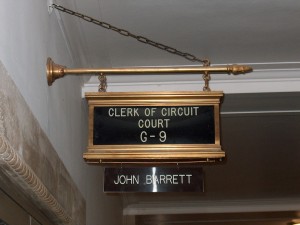Anti-Urban Politics
During the first decades of the twentieth century, Americans looked proudly upon their great cities, but then, in the post-World War II decades, Americans started to see their cities as a problem. Small-town Americans and especially suburbanites increasingly took cities to have a different culture, one with troubling “urban” attitudes, styles, and ways of life.
In conjunction with seeing themselves as normal, decent, and law-abiding, self-styled “mainstream” Americans used the city as a negative reference point. The scholar Gerald Frug argues that mainstream Americans built and fortified their own collective identities by deploring the city. “In the resulting, socially polarized metropolitan setting representations of cities as ‘landscapes of fear’ and their residents as inherently threatening flourished.”
In Wisconsin’s current recall election, some of the political advertisements incorporate these anti-urban sentiments, especially with regard to Milwaukee, Wisconsin’s largest city and most “urban” place. Milwaukee’s factory closings, unemployment figures, and high school graduation rates are underscored. And, as if he was responsible for deindustrialization and creation of a semi-permanent underclass, the Mayor is held responsible. Heaven forbid that the kind of people who live in and manage the city could take the reins of the state.

